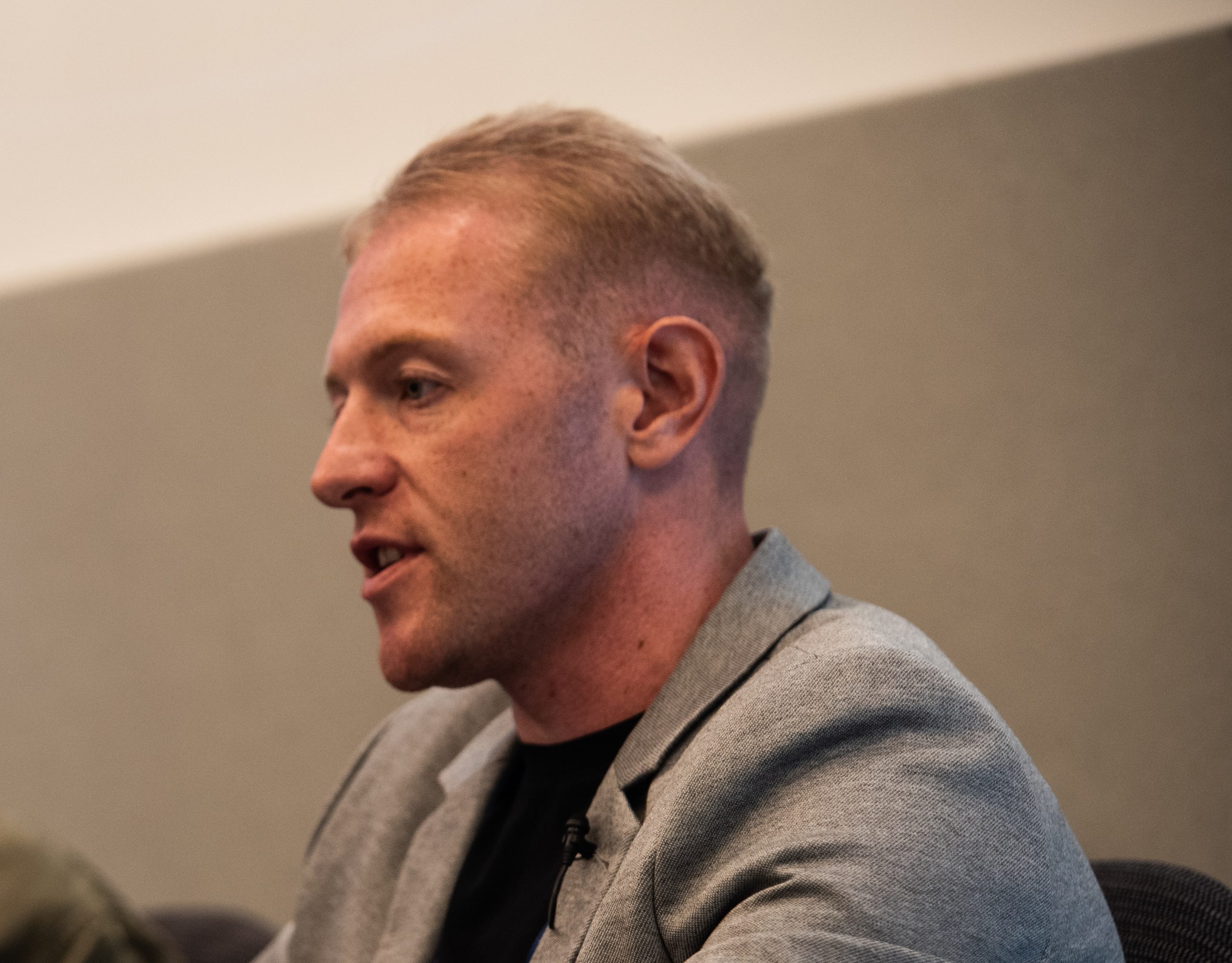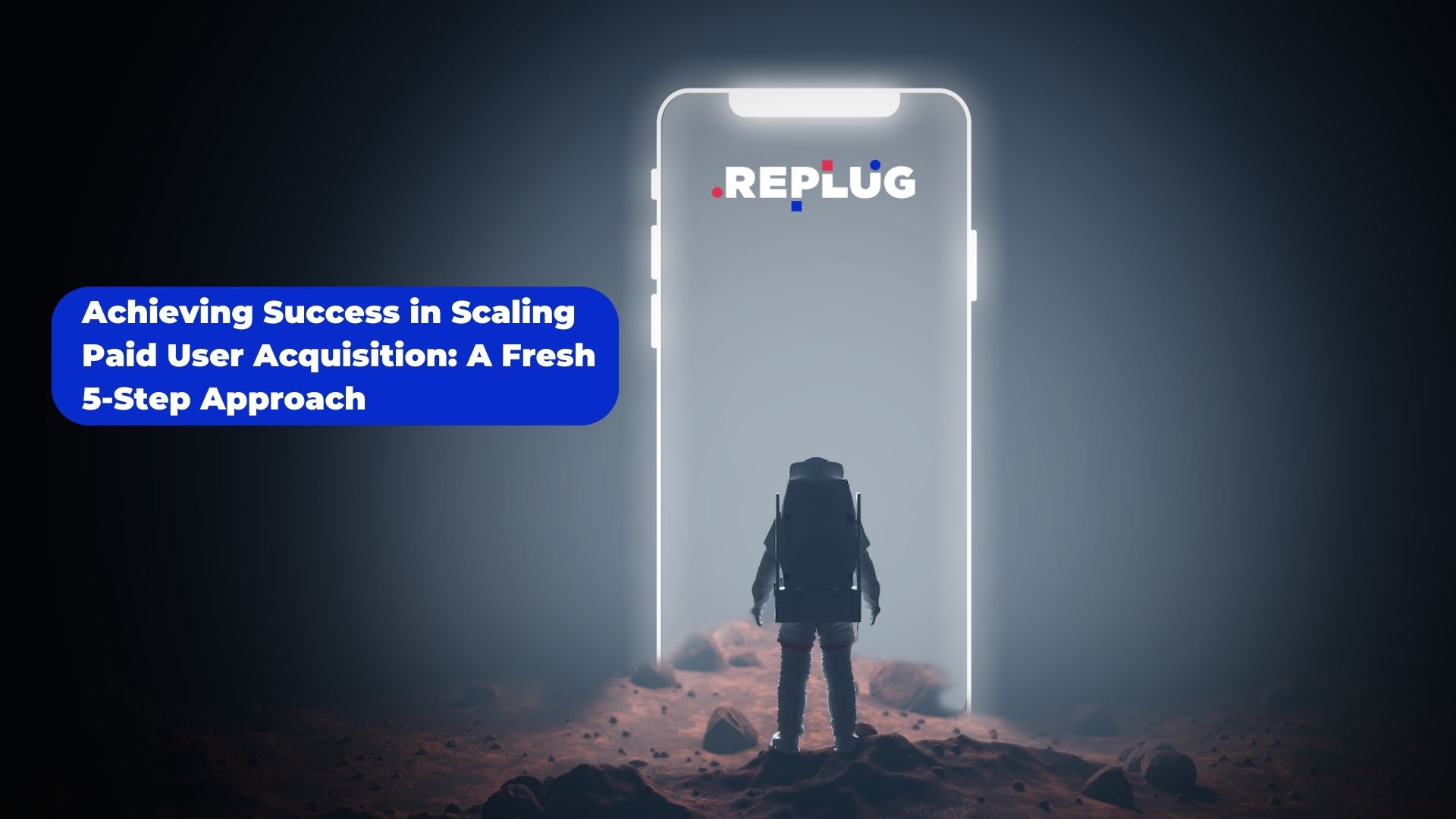Gains, Losses and Reinventions
- Tuesday, December 27th, 2011
- Share this article:
 Android is open in name only, and, as its success continues in 2012, it will only become more closed. Google will tighten its control over UI, services, app distribution and all aspects of monetization. Nevertheless, as sales of Android smartphones and Tablets continue to outnumber iPhones and iPads, developers will increasingly lead with Android, while low-end Android smartphones, dropping to between $30 and $50, will end Nokia’s dominance in emerging markets.
Android is open in name only, and, as its success continues in 2012, it will only become more closed. Google will tighten its control over UI, services, app distribution and all aspects of monetization. Nevertheless, as sales of Android smartphones and Tablets continue to outnumber iPhones and iPads, developers will increasingly lead with Android, while low-end Android smartphones, dropping to between $30 and $50, will end Nokia’s dominance in emerging markets.
By acquiring Motorola and with Android becoming moe closed, Google has become too big of a threat to OEMs, who hedge their bets with support for Windows Phone. Meanwhile, unable to develop value-added services to attract consumers, OEMs and carriers will finally shut down their failing app stores.
Longer term
In the longer term, Skype, Google Talk and others will overtake traditional voice and messaging. Carriers will only run data networks, with little or no consumer-facing services. Hardware margins will shrink, shifting economics to post-sale adoption of value-added services. Closed platform providers will capture most of this value, and they will begin to subsidize devices (like carriers do today) to drive platform adoption and remain competitive. The trailblazer for this model is Amazon, with its highly successful Kindle.
With the number of screens multiplying exponentially (phones, Tablets, laptops, desktops, smart TVs, connected cars, etc.) it will become practical, easy and inexpensive for consumers to move all of their data (photos, videos, emails, documents, address books, etc.) to the cloud. The first platform provider to lock in consumers will win.
Finally, apps will become media and, like websites, all except the super-premium will be free.
Ilja Laurs is CEO at GetJar
















